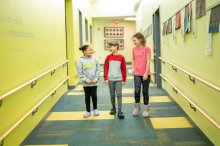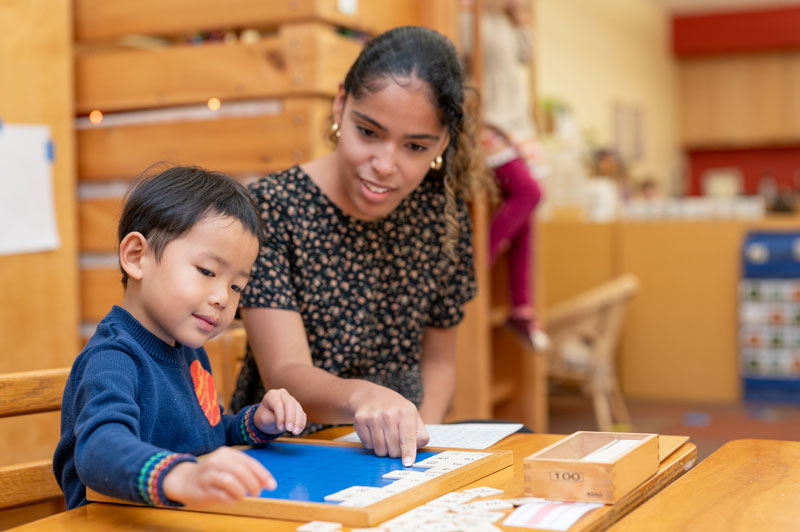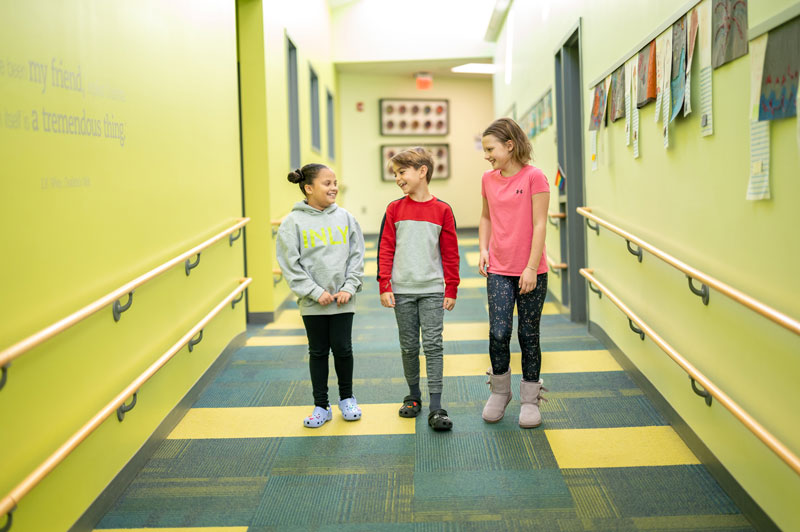More Than Academics: The Essential Role of Social-Emotional Education in Schools

Student academic achievement in the form of grades and test scores has long been a focus in schools, but instilling empathy, self-confidence, and resilience is equally crucial.
Building a robust social-emotional foundation in early childhood paves the way for myriad benefits, extending from better school performance to lifelong success in navigating the complexities of adult life.
Research shows that prioritizing social, emotional, and mental health in early education correlates with improved academic outcomes, college readiness, and career success. However, the relentless pursuit of testing and academic excellence often overshadows the importance of developing these “soft skills” in traditional educational settings. The key lies in identifying schools that not only emphasize social-emotional learning but seamlessly integrate it into the academic curriculum.
According to the Collaborative for Academic, Social, and Emotional Learning (CASEL), five core competencies serve as the bedrock of social-emotional skills.
- Self-awareness fosters a deep understanding of emotions, thoughts, and values, cultivating confidence and a growth mindset.
- Self-management encompasses regulating emotions, stress management, impulse control, and goal-setting.
- Social awareness emphasizes empathy, respect for diversity, and understanding ethical norms.
- Relationship skills focus on communication, cooperation, conflict resolution, and seeking help when needed.
- Responsible decision-making involves making constructive choices based on ethical standards, safety concerns, and social norms.
The benefits of social-emotional learning are profound, as students with a strong foundation in these skills exhibit a sense of purpose, enhanced confidence, persistence, empathy, and commitment to school. They demonstrate more positive attitudes toward themselves and others, engage in positive social behaviors, and maintain healthier relationships with peers and adults. The positive outcomes extend to reduced conduct problems, decreased risk-taking behavior, and diminished emotional distress, contributing to improved test scores, grades, and attendance.

The Montessori approach stands out as a beacon for social-emotional learning. Montessori schools, like Inly School, embrace a “whole child” philosophy, prioritizing physical, social, emotional, and cognitive development. Elements such as mixed-age classrooms, peace education, and “grace and courtesy” lessons are at the center of social-emotional learning. At Inly, the nurturing environment extends beyond academics, fostering a sense of security, respect, and belonging. The Montessori philosophy forms a foundation for a balanced, holistic approach, ensuring students of all ages thrive emotionally, mentally, and academically.
In the end, academic success is inseparable from emotional intelligence, and schools that recognize the importance of building social-emotional skills are nurturing well-rounded individuals prepared to navigate the complexities of an ever-changing world.




















